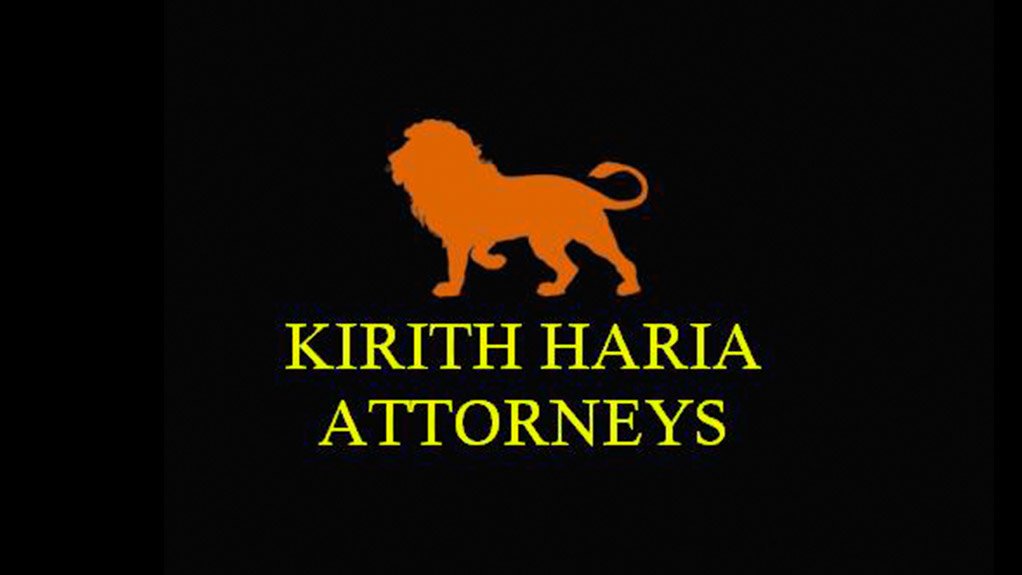In a recent case, I assisted a client with a deceased estate in which there are two co-executors. My client is one of two co-executors in the estate of his late father. The other co-executor is the deceased’s wife and mother of my client. Briefly, an executor is a person who takes control of the deceased estate and winds it up, distributing the assets to the heirs and paying the creditors after approval from the Master of the High Court (the “Master”). The role of co-executors is primarily to ensure that the estate of the deceased is wound-up efficiently and also acts a check and balance to each co-executor.
As stated in my previous articles, an executor, who usually is a close relative of the deceased, may choose to mandate an agent, such as an attorney, to wind-up the estate on his behalf. If the executor opts to do this, the attorney will take over the estate on behalf of the executor and attend to the administration of winding-up the deceased’s estate. In a scenario of co-executors, each executor may choose to appoint their own agents or they may choose to appoint a sole agent who reports back to both of the co-executors.
Usually an executor mandates an attorney as his agent to attend to the affairs of the deceased estate. This is not always the case as some people who are appointed as executors are also able to fulfil this function. In an instance where there are two executors for the same estate, each executor has the option of appointing his own agent or both executors may appoint one agent. Of course if one agent is appointed to act on behalf of both executors, then the estate is managed under the administration of one agent which can reduce any delays.
Unfortunately, estates with two or more executors do not always appoint a joint agent and each executor appoints his own agent. This causes delays on the following fronts:
1. Issues of payment from the estate.
a. Executors (or their agents) can be paid 3.5% of the gross value of the assets in terms of law;
b. Is that 3.5% equally split between the agents?
c. If it is not equally split, which executor must pay his agent an hourly rate?
2. How are the responsibilities of the estate divided?
3. In immovable property, some attorneys have their own conveyancers to transfer immovable property and others supply that work to other law firms. This may be a source of contention. Although, the purchaser of the property does determine which conveyancer is used.
Of course, there are positives to appointing co-executors; amongst other reasons, these are enumerated as follows:
1. Both co-executors must sign the Executor’s Certificate to the Master which declares the liquidation and distribution account as true and proper and that all assets have been disclosed.
2. It can act as a check-and-balance to each co-executor. As both executors hold an equal position in law, each may request and interrogate the findings of the other.
3. Each executor holds the other executor to the duties and functions of the Administration of Estates Act Number 66 of 1965 (hereinafter referred to as the “Act”).
Back to my case, John and his mother Mary* were appointed co-executors of John’s late father and Mary’s husband. Mary who is an elderly lady, 83, does not know of the duties or functions of the position of executrix as stated in the Act, whilst John, who is well-educated and in his fifties and understands the role that he must perform. Mary sought the assistance of an attorney who is handling the estate on her behalf.
John approached my offices to advise him on his rights and duties. John has not opted to use Mary’s agents as his own. Due to the technicalities of the estate, John required the interest of a cash asset to be used as maintenance for his mother; whilst the attorneys representing Mary wanted to access the capital sum to be used as maintenance. This is but one example of a dispute that can arise between co-executors. Once John approached my offices, we were able to contact Mary’s agents and discuss a way forward. In addition and as part of my approach, my offices acted as a balance to Mary’s agents ensuring that their work and interpretation of the law was correct.
In summary, the use of co-executors can have both positive and negative implications. The use of co-executors to ensure that the assets of the deceased are properly been invested, distributed and/or maintained by the other co-executor acts as a positive balance on the estate. In the same vein, this may cause conflict between the parties which may result in delays in winding-up the deceased’s estate. In the end, there can be no correct answer as to whether or not an estate should have co-executors.
*The names of my client and his mother have been changed as well as the exact circumstances.
Submitted by Kirith Haria Attorneys
EMAIL THIS ARTICLE SAVE THIS ARTICLE
To subscribe email subscriptions@creamermedia.co.za or click here
To advertise email advertising@creamermedia.co.za or click here











